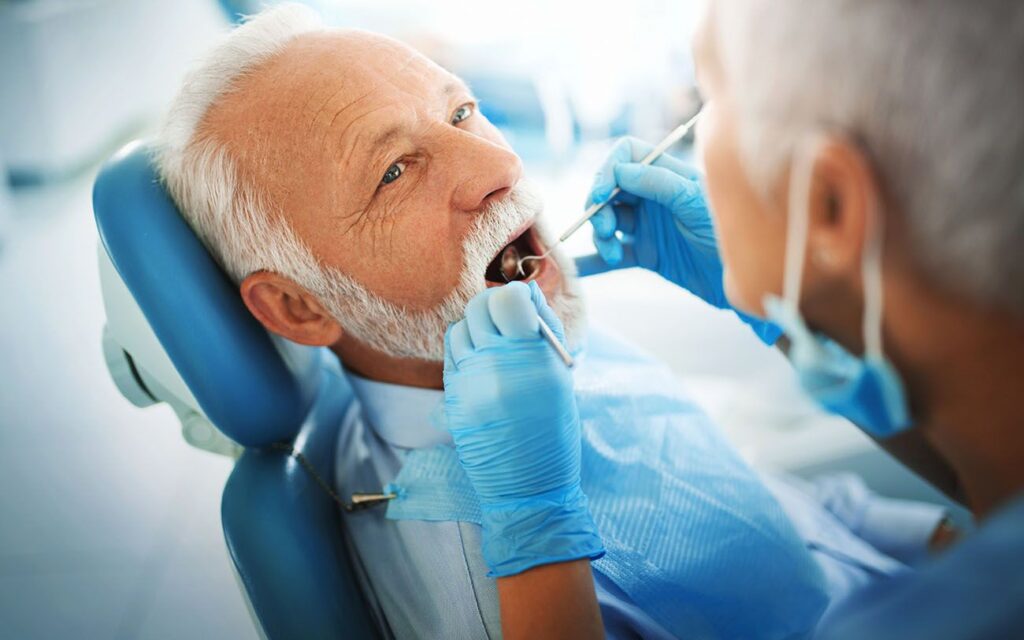Maintaining good dental hygiene is essential to keep your teeth and gums healthy. While brushing and flossing at home is essential to keep plaque and tartar buildup at bay, it’s equally important to schedule regular dental cleanings with your dentist. Regular dental cleanings are crucial for keeping your teeth and gums healthy and play a vital role in your overall health.

What are Dental Cleanings?
Dental cleanings are routine dental procedures performed by a dental hygienist or dentist. Nearly all routine dental checkups include a dental cleaning, x-rays, and a physical exam of your mouth.
During a dental cleaning, your dental hygienist will remove plaque and tartar buildup from your teeth and gums using specialized tools. They’ll also polish your teeth to remove surface stains and provide a thorough cleaning.
What Happens During A Dental Cleaning?
During a dental cleaning, your dental hygienist will use specialized tools to remove plaque and tartar buildup from your teeth and gums. The first stage of your cleaning involves the scraping of your plaque with a scaler—a metal instrument with a pointed tip. This allows them to remove plaque in hard-to-reach areas.
Next, they will use a high-powered toothbrush with a gritty toothpaste. This will polish the surface of your teeth, removing any leftover plaque. Although this removes plaque, it also removes surface stains to help whiten your teeth. Your dentist will also examine your teeth and gums for any signs of dental problems and provide treatment if necessary.
Why are Regular Dental Cleanings Important?
Regular dental cleanings are vital for maintaining healthy teeth and gums. In fact, patients who avoid the dentist are more likely to suffer from dental problems. Over time, these issues can advance and begin to affect your overall health.
Preventing Tooth Decay and Gum Disease
Without proper cleaning, plaque and tartar buildup can lead to tooth decay and gum disease if left untreated. Regular dental cleanings can remove this buildup and prevent these conditions from developing or getting worse.
Detecting Dental Problems Early
During a dental cleaning, your dentist will examine your teeth and gums for any signs of dental problems, such as cavities or gum disease. By catching these problems early, your dentist can provide treatment before they progress and cause major dental issues.
Freshening Your Breath
Dental cleanings remove the buildup of bacteria that can cause bad breath. Removing this bacteria can help freshen your breath and leave you with a clean, fresh feeling in your mouth.
Improving Overall Health
Research shows that there is a link between oral health and overall health. Poor oral health has been linked to several health problems, including heart disease, stroke, and diabetes. Regular dental cleanings can help keep good oral health, which can improve your overall health.
How Often Should You Get a Dental Cleaning?
The frequency of dental cleanings depends on your personal needs. Most people should get a dental cleaning every six months. However, some people may need to get them more often, such as those with a history of gum disease or other dental problems. Your dentist can tell you the frequency of dental cleanings that’s right for you.
